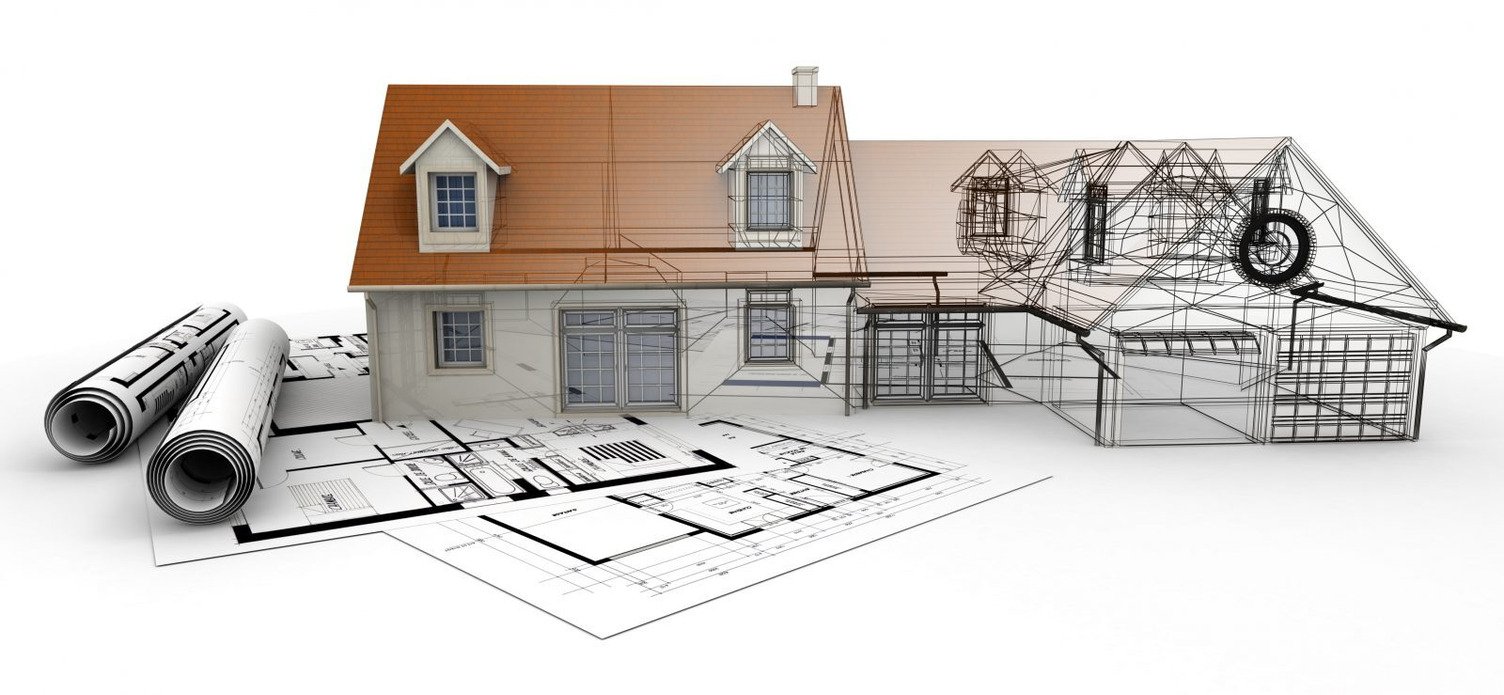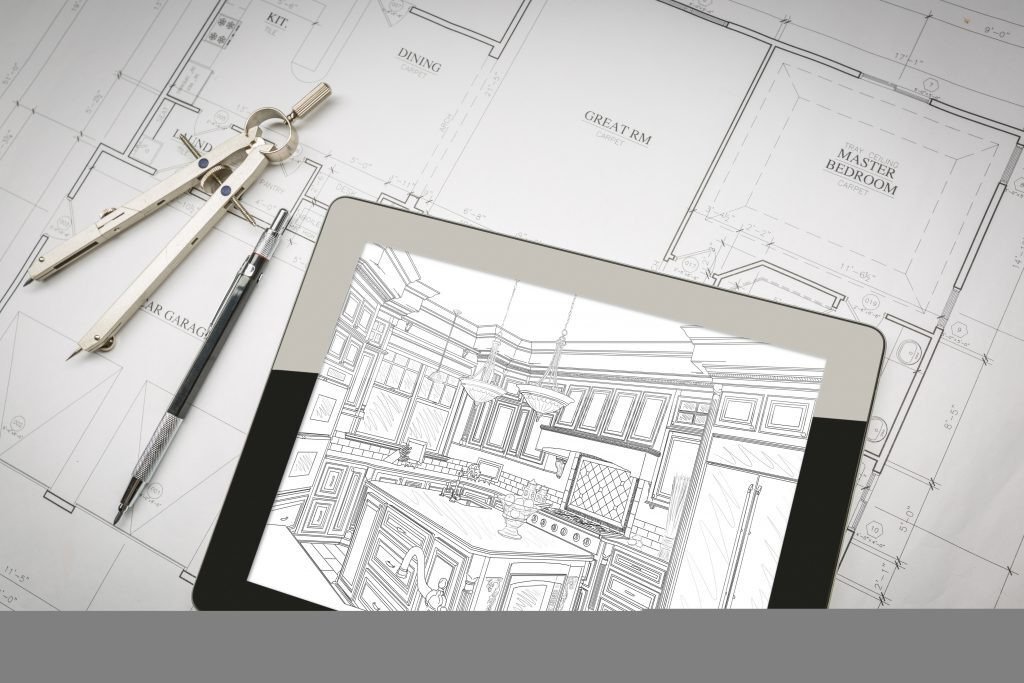8 Overlooked Questions to Ask Your Custom Homebuilder

Just because Americans have been asked to stay home more than ever during the 2020 pandemic doesn’t mean they have to stay in their existing homes. Despite challenges across other industries, homebuilding continues to perform strongly. Overall housing production was up nearly 2% this past September, with single-family housing starts up 8.5%, thanks to low interest rates, according to the National Association of Home Builders (NAHB).
Having said that, NAHB Chief Economist Robert Dietz indicated that the industry could face “headwinds due to limited building materials availability.” Knowing that, homeowners looking to build new should do their homework to find the right custom home builder for their project, so they can break ground before market conditions change. Here are a few starter questions from NAHB to ask builders you interview, plus eight more you might not have thought of.
Start With the Basics
Perusing the internet, touring home shows and parade of home events, and reading local real estate magazines are great ways find a builder that appeals to the type of home you’re looking for. During this phase, be mindful of how prospective builders communicate to ensure the rapport you have with them is one you’ll be happy with for the duration of your home building process and beyond.
When you’ve narrowed down your list, start by asking builders some basic questions about their experience and credentials.
- How long have you been building custom homes?
- What licenses, accreditations, and professional affiliations do you have to support your experience?
- What differentiates you from other custom builders in the area?
- Do you carry liability insurance to protect my project and workers’ compensation insurance for your employees?
Satisfactory answers to your basic questions are essential before moving onto more process-oriented parts of new-home building. NAHB provides a list of questions for homeowners to ask, and we’ve rounded up several additional questions here. Include these questions in your research will give you a solid understanding of what to expect from the builders your interested in.
- Do you have a current project I can tour and/or clients I can talk to? Quality custom home builders should have a list of references for you to speak with about their experience. These will most likely be happy customers, so in addition to asking about how easy (or difficult) it was to work with the builder, and if they finished on time and budget, be sure to ask some tough questions too. Castle Homes in Brentwood, Tennessee suggests asking references, “did the builder disappear after move-in?” Just because you have the keys in hand doesn’t mean the builder’s work is done. Look for a builder that has a long-term commitment to serving their owners.
For a tour, ask if it’s possible to move beyond the model home and onto an actual construction site. This will allow you to see how the builder keeps their site clean and safe for liability reasons. You’ll also be able to see “behind the walls” to gain an understanding of how your home is built and the quality of materials being used behind your finishes. (Read more about this in #5.)
- What development plans are there for the area where I’m building? NAHB suggests looking for a builder with a good sense of what’s going on in the city and how that could affect future homeowners. Will future planned developments help or hurt the value of your home in the next five years? Are infrastructure and emergency facilities in place? Which schools will your kids attend, and how is the school district rated?
- How often do you finish projects on schedule? Building a home from scratch can take a great deal of time. But how much? As the buyer, you’ll want to set your move-in date so you can efficiently manage the sale of your existing home and handle the carrying costs of the new home. Discuss a projected schedule for the construction of your home, and find out how often the builder hits their target dates. What are the biggest issues that can cause delays, and what do they do to mitigate those so everyone can get to move-in day on time? Still, try to be as flexible as possible. “Many factors affect a schedule including weather, homeowner selections, and design and construction errors,” says the team at Marwood Construction in Houston. “It’s not realistic to get assurance from your builder that they will be absolutely finished on a certain day. It’s much more realistic for them to provide the owner with a best guess estimate based on their experience and support their schedule with a documented master schedule as a road map to completion of the home.”
- What was the biggest challenge a project gave you, and how did you handle it? As with any job interview, learning how a candidate handles adversity says a lot about their values. Jobsites are full of crazy stories. Whether building issues stem from communication problems or construction errors, see what you can learn about the builder’s temperament by asking them to tell you one or two of these stories and how they resolved them to everyone’s satisfaction.
- What is your process for building within my budget? Everyone has to work within a budget, even for their dream home. Don’t shy away from budgetary conversations with your builder, and ask them to be honest with you about costs as well. Their knowledge of tradeoffs for building performance and aesthetics can help you manage product selections to meet your goals for your new home.For example, a lower-cost granite for the countertop could be a sacrifice you’re willing to make, but a lower-cost subflooring that could warp or cause floor squeaks over time might not be. Integrated sheating products like the ForceField® Weather Barrier System can help with both the performance of your home and with construction efficiencies while it’s being built. Likewise, high-performance subfloor materials like DryGuard® Enhanced OSB Sturd-I-Floor and DryMax®High-Performance OSB Sub-Floor are designed to withstand jobsite conditions so they can perform better in your home. For custom homes, product selections are often made at the level of fixtures and finishes, but specifying building materials is just as important. Discuss your must-haves and learn about the quality of the materials the builder will be using so you can make informed decisions.
- What’s not included in my project? Along the same lines as the budget question, make sure you’re planning for unexpected costs during and after construction. Are you eyeing a finish package that’s actually an upgrade from the expected cost? What about outdoor spaces? Some builders may construct a beautiful home but leave the landscaping up to you. During construction, is the builder responsible for pulling permits (and are they included in the price), or does that responsibility and cost fall to you. Also, be sure to ask your lender if they will require an appraisal or surveyor’s certificate, and find out from your builder if these are included in your agreement.
- Does the home come with a warranty? Warranties bring peace of mind to homeowners but can be a source of confusion or frustration if issues aren’t handled properly. Refer back to your interviews with the builder’s past clients to see if warranty follow-up was ever and issue. Include warranty questions in your “what’s not included discussion” so you’re clear on what your home warranty covers and what it doesn’t.
- What is the builder looking for in a client relationship? Houston-based BuildFBG suggests this great question as a way to better understand the communication process during your home-building journey. Ask the builder how and how often they’ll communicate with your before, during, and after the construction process, and how you’ll be able to communicate with them as well. Will you receive daily updates automatically? Is it up to you to check in on the progress? How soon will you be notified of a potential delay? Aligning your communication expectations early on will help ensure a smooth relationship from day one.
All builders should recognize that while they build homes every day, you do not. You’re bound to have many questions beyond these. A quality builder will be able to give you answers that leave you feeling confident in their abilities to both build and communicate effectively.
